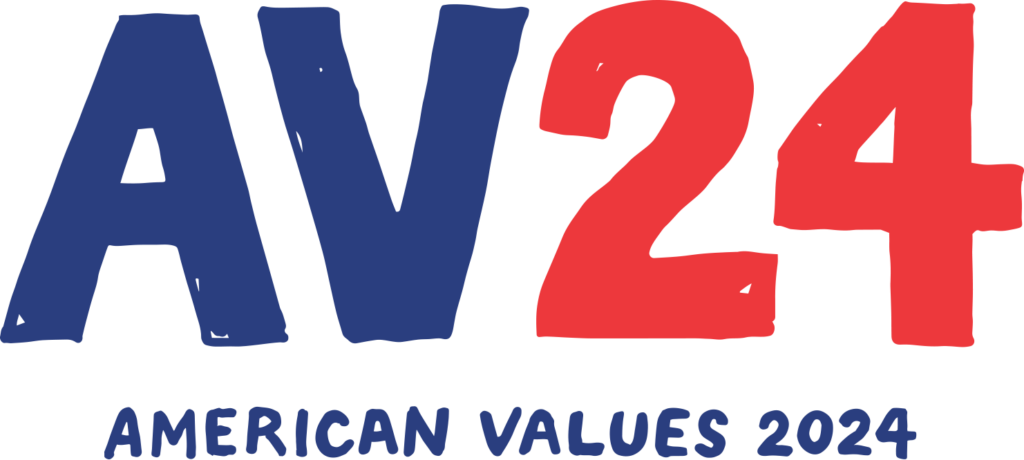The House of Representatives has just overwhelmingly voted in favor of H.R. 7521, a bill being sold to the public as one that would “ban” the popular short-form video platform TikTok. While the legislation is brief and vague, it contains enough information to draw a number of conclusions that have raised red flags for free speech advocates across the political divide.
Subscribe now
The House vote comes days before the Supreme Court is set to hear oral arguments in Murthy v. Missouri (formerly known as Missouri v. Biden), a landmark free speech case that is the subject of a public rally scheduled for March 18 at the Supreme Court Building. As a result, two major issues involving censorship and social media capture by federal agencies have collided in a month where seismic decisions will be deliberated regarding the future of the First Amendment.
The legislation that still needs to clear the Senate claims that TikTok poses a national security threat to the United States due to its parent company, ByteDance, being located in China while it is registered in the Cayman Islands, a British overseas territory. The legislation itself does not offer details on how TikTok poses a national security threat, but advocates of the legislation have suggested that TikTok’s owners are able to access the data and analyze the trends of American users of the platform for a commercial and political advantage.
As CNN reports, federal authorities have not presented any evidence of the Chinese government using the data of American TikTok users in any capacity. Instead, this allegation is described as “hypothetical.”
What isn’t hypothetical is the federal government’s collusion with American social media platforms. As reported in The Kennedy Beacon, on March 18, the Supreme Court will hear arguments from the Biden administration attempting to reverse a lower court’s order that prohibits government-directed censorship of online speech on platforms including but not limited to Facebook and X.
The allegations against TikTok have been equally leveled at major US-based platforms, including those owned by Meta. In December 2022, Reuters reported that Meta settled a $725 million class action lawsuit brought by Facebook users who alleged that the company allowed third parties to access their data without consent.
This argument becomes ever more dubious when one examines the censored content, which included a mix of scholarly opinions, truthful statistical reporting, parody, and mundane political advocacy of mainstream political candidates.
Even if the legislation passes in the Senate and arrives on President Biden’s desk, where he has promised to eagerly sign it into law, TikTok is not likely to disappear from American smartphones any time soon. Instead, ByteDance will likely be compelled to divest its US assets to a US entity or one based in a country that the US does not label “adversarial.” Therefore, this legislation is as much about corporate favoritism as it is about potential censorship and a wider disruption of the global social media ecosystem.
Representative Thomas Massie (R-Kentucky) called the legislation a “Trojan horse” due to provisions that would target an American app store, IT/development company, or internet hosting service that works with an entity proscribed by the legislation. Under the terms of the legislation, such US entities could be held liable for breaking the law by simply doing what hundreds of thousands of large and small firms do on a regular basis in order to keep the wheels of the world wide web spinning.
Independent presidential candidate Robert F. Kennedy Jr. joined Massie, Senator Rand Paul (R-Kentucky), and former president Trump in denouncing the legislation. According to Kennedy:
Every right the government has ever taken away was removed under the false pretense of national security. Remember that when members of Congress give Joe Biden the power to remove an app from your phone. Ironically, Joe Biden himself just joined TikTok! People love TikTok. It’s the digital public square.
He added,
President Biden enjoys censoring and silencing those who dare to question him – so it’s no surprise he supports banning TikTok. The First Amendment should not be disregarded for any reason. We should be encouraging more discourse instead of less. Americans can’t rely on the big three networks to give them fair information.
As President, I will fight for free speech and for Americans to have platforms with which to grow their businesses and express themselves.
Like Massie, Kennedy also declared the bill a “Trojan horse.” Kennedy expressed concern that the bill gives the White House significant discretionary authority to determine which companies fall under the categories of being controlled by a foreign adversary.
At a time when the Biden administration is set to defend its record of interference with the operations of social media companies in pursuit of censorship before the Supreme Court, it is astonishing that a majority of both Democrats and Republicans in the House voted for legislation that gives the US government even more power to influence and potentially censor social media content created by Americans exercising their right to freedom of speech.
Adam Garrie is a writer, speaker, and consultant on a wide range of current affairs as well as political risk. He is also the co-founder of HiCyrus, a data-driven tech startup that aims to fully democratize information access.
